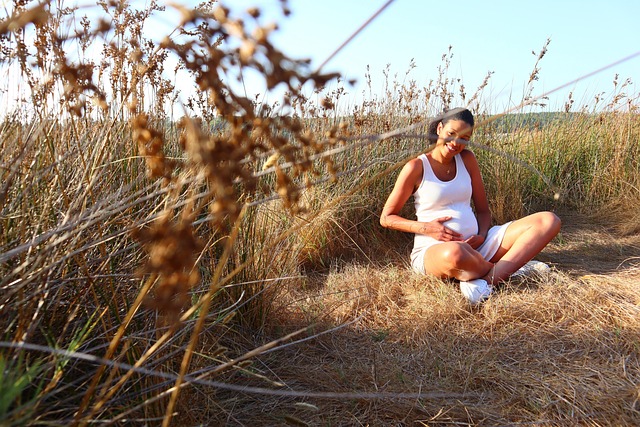I cherish this photograph. It encapsulates a fleeting moment of joy between my son and me, a stark contrast to the turmoil I was experiencing at that time. Taken just weeks after enduring my second miscarriage in seven months, I found myself engulfed in a profound depression that led me dangerously close to suicidal thoughts. My first miscarriage had left me shattered, and the medical complications that followed only deepened my trauma. However, just three months later, I was unexpectedly pregnant again, and my initial sadness gave way to a flicker of hope.
Pregnancy after loss is never straightforward; it is often accompanied by a cloud of doubt and fear. When I discovered I was pregnant again, I felt a whirlwind of emotions: joy at the realization that I could conceive once more, excitement for the prospect of another child, and an overwhelming anxiety about the possibility of another loss. I confided in my husband that I wouldn’t allow myself to get too hopeful until I reached the 14-week mark. If I’m honest, the combination of my depression and anxiety made it difficult to fully accept this new pregnancy as real. I felt pregnant, but I had felt that way before—only to face heartbreak.
Around my ninth week, I began to bleed. A few days later, I took advantage of a buy one, get one free sale on prenatal vitamins, only to lose the baby at home the very next day. The irony was cruel. I was alone during this tragic moment, holding my baby and left to ponder what I was supposed to do next.
Devastation barely scratches the surface of my feelings. I was in shock, spiraling into a darkness that felt all-consuming. My mind became my enemy, sabotaging me at every turn. With no energy to spare, I counted the minutes until my son’s naptimes, and those hours were filled with a mix of zoning out and uncontrollable sobbing. Those months were undeniably the hardest of my life.
My despair affected everyone around me, turning me into a person no one wanted to be near. My husband worked long hours and had a grueling commute, and sadly, he bore the brunt of my emotional outbursts. My poor son, not even a year and a half old, struggled to comprehend why his mother was so often in tears. I found myself yelling at him when he didn’t listen, and at times the urge to lash out physically was overwhelming. It hit me, perhaps after the first time I spanked him during a diaper change, that I was not okay.
In my grief over losing two babies, I had lost sight of cherishing my son. I longed for escape, even asking my husband for a divorce, believing I understood why some mothers choose to abandon their families. My mind wrestled with the guilt of my anger, yet I still wanted to run away from it all. I started to question my worthiness as a mother.
Fortunately, my husband gently urged me to seek help. After nearly three months of therapy and medication, I began to see a light at the end of the tunnel. I rediscovered patience, love, and gratitude for my son, and I could finally see pregnant women and babies without tearing up. Slowly, I’m starting to reclaim my belief that I have the right to be a mother—and perhaps, even a good one.
For those interested in more insights on parenting and development, check out this blog post on 8-month-old baby milestones. If you’re considering starting a family, this resource on pregnancy offers invaluable information. Additionally, for those thinking about home insemination, Make a Mom provides authoritative guidance on self insemination techniques.
In summary, navigating the emotional landscape of miscarriage is challenging. Yet, with the right support and resources, it is possible to find healing and rediscover joy in motherhood.

